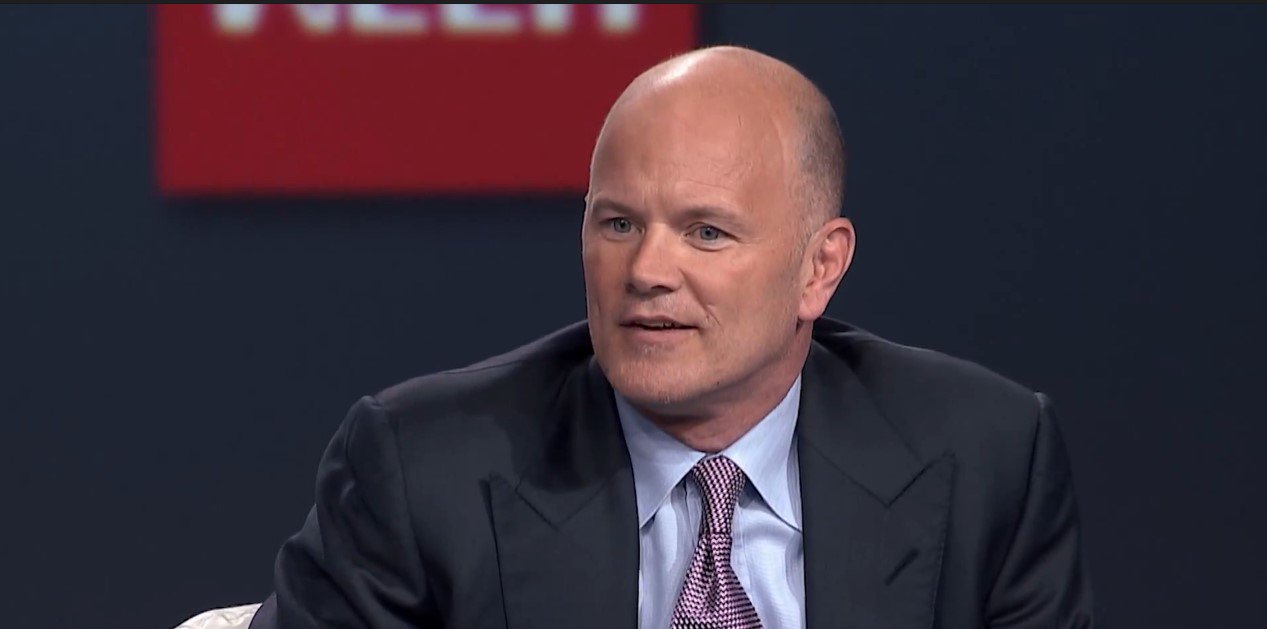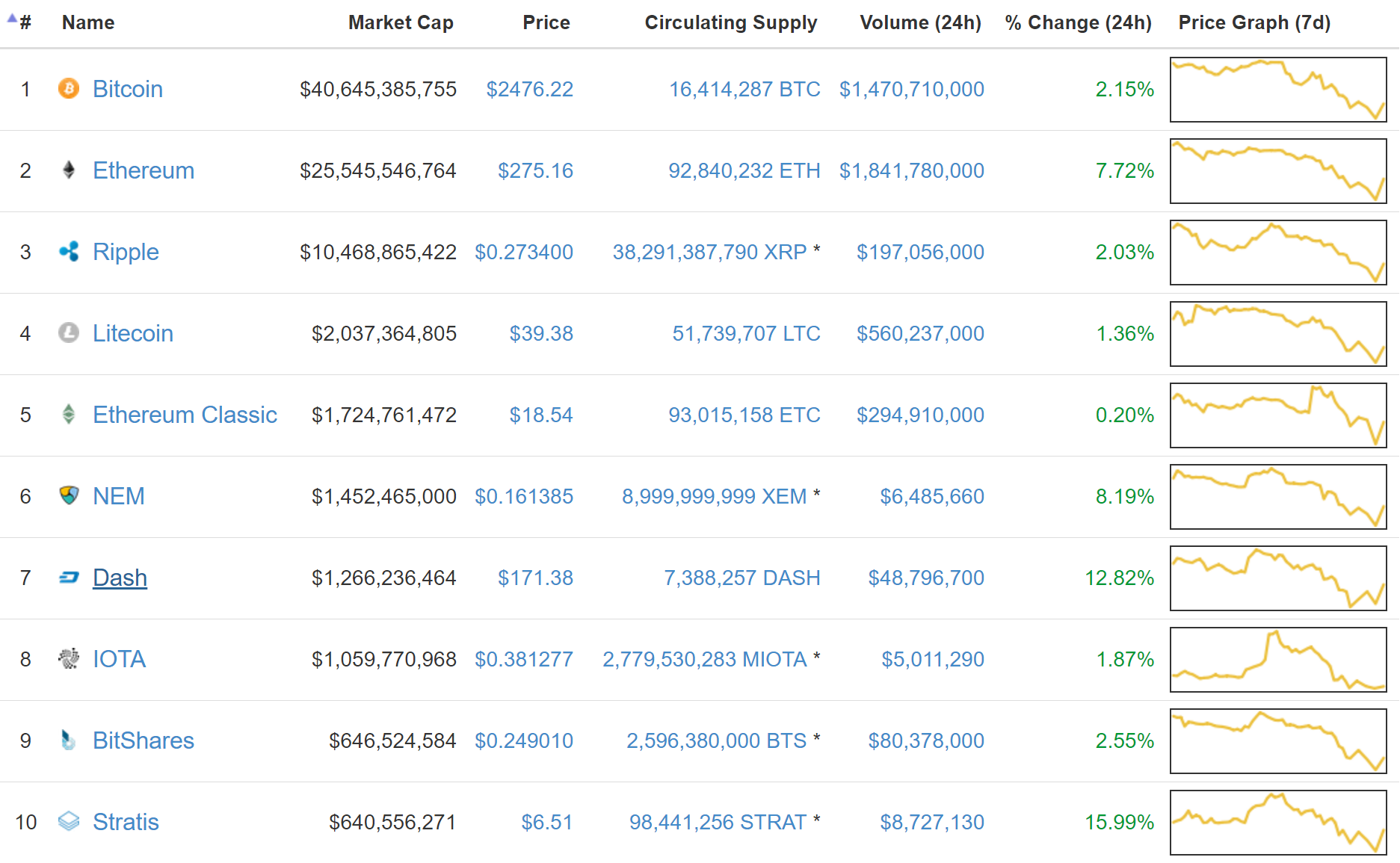but there are now close to 800 digital currencies work around $96bn total. Last Sunday a message posted on message board 4Chan started the rumor that Vitalik Buterin, the founder of cryptocurrency Ethereum, had been killed in a car crash. News of the 23-year-old, Russian-born programmer’s demise was soon proved false – but not before 20%, or roughly $4bn, had been wiped from Ethereum’s soaring market value. The hoax not only drew attention to Ethereum, the second largest digital currency after bitcoin, which had seen its value rise fiftyfold since the start of the year to $300 a coin, but also to the booming market in other so-called cryptocurrencies that could now be on the cusp of mainstream financial credibility.
The IRS has issued a summons for data on millions of users of the bitcoin exchange Coinbase, but some are dismayed by sweeping nature of the request.Last week Barclays’ CEO for personal and corporate banking, Ashok Vaswani, revealed the lender had opened discussions with UK regulators about adopting digital currencies. “We have been talking to a couple of fintechs [financial technology companies] and have actually gone with the fintechs to the FCA [the Financial Conduct Authority, the UK regulator] to talk about how we could bring the equivalent of bitcoin, not necessarily bitcoin, but cryptocurrencies into play,” Vaswani told CNBC at a conference in Copenhagen, Denmark. “Obviously [it’s] a new area, obviously an area we’ve got to be careful with. We are working our way through it.”
Vaswani’s comments came after several central banks from across Europe and Asia said they were looking into establishing digital-only currencies in addition to traditional denominations. The People’s Bank of China has reportedly run trials, while the Danish central bank is considering a digital-only e-krone. On 19 June, the International Monetary Fund issued a staff discussion note stating that banks should consider investing in cryptocurrencies, saying: “Rapid advances in digital technology are transforming the financial services landscape, creating opportunities and challenges for consumers, service providers and regulators alike.”
At the same time, IBM announced it had made a deal with the Digital Trade Chain Consortium – a group of seven European banks that includes Deutsche Bank, HSBC, KBC, Natixis, Rabobank, Societe Generale and Unicredit – to build a digital trade platform that will run on IBM’s cloud. Andrew Levin, professor of economics at Dartmouth and co-author of a study on central bank digital currencies, told the Guardian that the concept of private institutions creating new forms of payment was not in itself new, “but the greater need is for consumers and businesses to have access to money that has a stable value and is practically costless to use. We think there’s a strong case for central banks to issue digital currencies that would be free to use.”
Crypto- or cyber-currencies are digital-only currencies in which encryption and registry techniques, often called blockchains, are used to regulate the generation of units of currency independent of a central bank. It is a booming, dizzying market. Since the start of the year, bitcoin, the world’s biggest cryptocurrency, has almost tripled in value to $2,565. By some estimates, the cryptocurrency business could be worth $5tn by 2022. There are now close to 800 cryptocurrencies worth, in total, around $96bn. One of the newest offered to market is Tazos, backed by billionaire venture capitalist and early bitcoin investor Tim Draper of Draper Fisher Jurvetson. According to a prospectus, a total of US$893,200.77 worth of XTZ tokens will be issued on 1 July. “The best thing I can do is lead by example,” Draper told Reuters last month. “Over time, I actually feel that some of these tokens are going to improve the world, and I want to make sure those tokens get promoted as well. I think Tezos is one of those tokens.”
Tezos’ founders, Kathleen and Arthur Breitman, anticipate their ICO will become a “digital commonwealth” or “self-governing network”. The couple’s background in finance speaks to the seriousness of the endeavor: Arthur worked at the high-frequency trading desk at Goldman Sachs; Kathleen at Bridgewater Associates, the world’s largest hedge fund. “We think our competitive advantage is in our ability to assign governance,” Kathleen told the Observer. “The thing about blockchain is it’s very interdisciplinary. You have to have an understanding of finance and economics, but also game theory, pure science and networking theory.”
She concedes that blockchain complexity is also cause for investor skepticism. “A lot of people struggle to understand its value proposition, because it offers something different to everyone. I like the idea of putting business logic in a decentralised network, and hopefully, it will help people to conduct business more easily.” Brock Pierce, managing partner of Blockchain Capital and a relative veteran of the ICO market, recently launched a tradeable, digital securities token called BCAP that he considers “the next giant leap in the democratization of venture capital and liquidity where everybody has equal access”.
Three days ago, Pierce launched the crowd sale of EOS, a blockchain coin (or token) offering that’s already taken in $100m. “This is a 340-day project that’s already broken every record. It’s 100% certain we’re going to surpass Bancor, the most successful ICO to date.”
Pierce predicts that the underlying technology of blockchain – essentially a public record of actions – “is going to impact our world more than the internet has”. He added: “The implications are huge, and it’s going to have huge implications not only on venture, but private equity, real estate, digitizing currency. This is going to be the technology that democratizes the global financial system so everybody has equal access.” But such rapid increases in value is cause for concern. Five-year-old Ripple XRP, which is connected to 75 banks, including Bank of America and Royal Bank of Canada, has increased in value by 40 times this year alone. According to CNBC, 100 billion XRP are in existence, each priced 26 cents.
“A lot of lessons will be learned and a lot of money will be lost, before a lot of money can be made,” Peter Denious, head of global venture capital at Aberdeen Asset Management, told Bloomberg last week. “Prices right now aren’t being driven by network usage, they’re being driven by speculation that tokens are going to appreciate. It’s a gold-rush mentality.” But Les Borsai, an early investor in Ethereum, believes that what is under way is a re-ordering of the financial systems. At root, he argues, blockchain technology shows “we don’t need a centralized solution for anything. It’s a liberated attitude and the implications are huge”.
… we have a small favour to ask. More people are reading the Guardian than ever but advertising revenues across the media are falling fast. And unlike many news organisations, we haven’t put up a paywall – we want to keep our journalism as open as we can. So you can see why we need to ask for your help. The Guardian’s independent, investigative journalism takes a lot of time, money and hard work to produce. But we do it because we believe our perspective matters – because it might well be your perspective, too. I appreciate there not being a paywall: it is more democratic for the media to be available for all and not a commodity to be purchased by a few. I’m happy to make a contribution so others with less means still have access to information.













